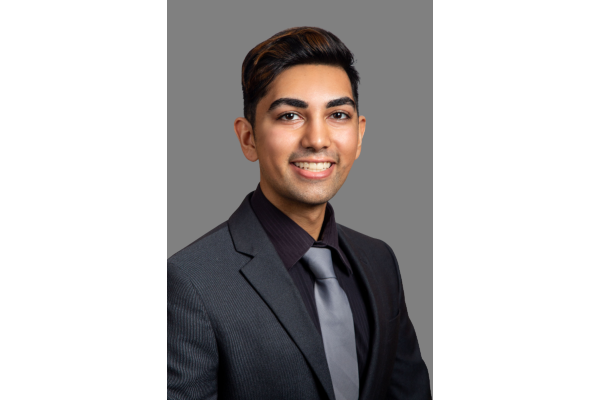
Growing up, I always heard about the challenges and adversities my family had gone through in order to immigrate to the United States and create a better life for my brother and me. It was not until we began visiting India regularly that I began feeling so fortunate for my life here in the States. In late 2016, I had gone on what I believed to be another family vacation to India alongside my family. Passionate about pursuing a career in healthcare and medicine - I was put into contact with a local GP (general practitioner) who allowed me to work alongside him to help treat those living in the Dharavi slum. Soon after, I learned this slum is considered to be one of the world's largest slums, with a population of about 1,000,000 inhabitants.
On my first day working with this GP and his team, I was immediately bewildered as the slum spanned out further than my eyes could see. I was completely surrounded by trash, inadequate housing, and overall miserable living conditions. Immediately, we began working out of an old school bus converted into a “mobile medical unit.” Less than 10 minutes after setting up, a line of several dozen residents began forming. One of our first patients was an old man who had crawled across the slums with his two hands as he was suffering from the long-lasting effects of polio - something I had never seen in the United States before. From treating patients with Dengue fever to child beggars with nutritional deficiencies - I questioned whether I was cut out to work in medicine at all.
After coming home broken at the sights of what I had just seen, I talked my father about switching career paths. My father, who had previously not shared much about his upbringing, told me that he had grown up in very similar conditions. I learned that he was essentially orphaned at a young age and raised in slum conditions, suffering from parasites and nutritional deficiencies throughout his childhood. Inspired by his tenacity and will to overcome his adversities, I knew that I needed to pursue a career where I helped those who were in similar positions to my father. If he had not escaped India for a better life, I may have very well been a patient on the other side of that “mobile medical unit.”
After returning from my trip to India, I began working on this dream until the opportunity arose to finally give back to the underserved. After applying to the National Health Service Corps Scholarship, I was awarded a full-ride to the Duke University PA Program. In return, after graduation, I will enter an underserved community and practice primary care for vulnerable populations (racial/ethnic minority groups, rural populations, immigrants, refugees, under/uninsured, LGBTQ, etc.) Excited for this opportunity, I hope that I can not only live the Duke PA program mission, but also continue fulfilling my purpose in this life.
“Wherever the art of medicine is loved, there is also a love of humanity.” – Hippocrates
Shubh Dhruv is a second-year student with the Duke Physician Assistant Program. Email Shubh Dhruv questions.
Editor’s note: Duke Physician Assistant Program students blog monthly. Blogs represent the opinion of the author, not the Duke Physician Assistant Program, the Department of Family Medicine and Community Health, or Duke University.